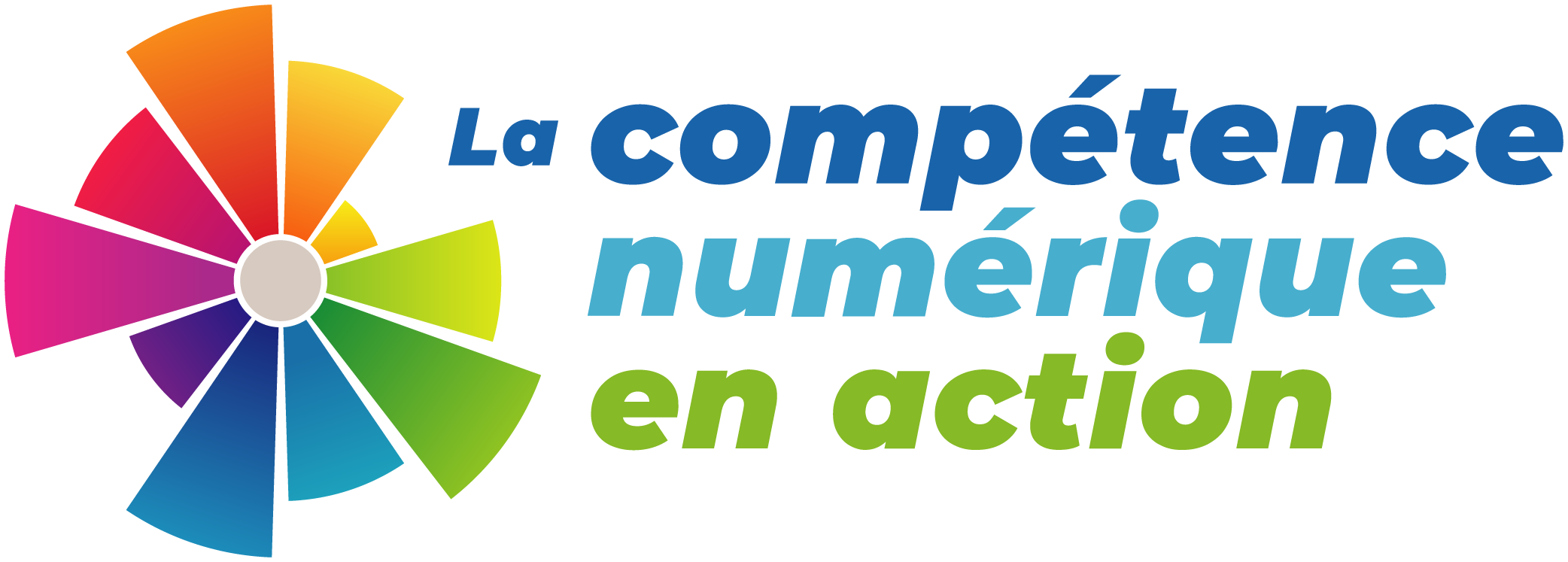Universal Design for Learning (UDL) Toolkit
The UDL toolkit was created in collaboration by ALDI, LEARN, NFSB, RSB and SWLSB. The activities in the toolkit provide a constructivist approach to learning about the guidelines. Through the creation of this toolkit, our goal is to support the implementation of UDL practices within Quebec classrooms, leading to increased student success.
VideoBriefs
This online tool generates summaries or bullet point overviews of YouTube videos.
CST Statistics mapping with Desmos, GeoGebra and Graspable Math
A collection of resources on the topic of “Statistics” from Desmos, GeoGebra and Graspable Math that can be used by CST Teachers to plan activities for their students.
CST Right Triangle Trigonometry mapping with Desmos, GeoGebra and Graspable Math
A collection of resources on the topic of “Right Triangle Trigonometry” from Desmos, GeoGebra and Graspable Math that can be used by CST Teachers to plan activities for their students.
CST Other Functions mapping with Desmos, GeoGebra and Graspable Math
A collection of resources on the topic of “(Other) Functions” from Desmos, GeoGebra and Graspable Math that can be used by CST Teachers to plan activities for their students.
CST Linear Systems mapping with Desmos, GeoGebra and Graspable Math
A collection of resources on the topic of “Linear Systems” from Desmos, GeoGebra and Graspable Math that can be used by CST Teachers to plan activities for their students.
CST Linear Functions mapping with Desmos, GeoGebra and Graspable Math
A collection of resources on the topic of “Linear Functions” from Desmos, GeoGebra and Graspable Math that can be used by CST Teachers to plan activities for their students.
CST Functions mapping with Desmos, GeoGebra and Graspable Math
A collection of resources on the topic of “Functions” from Desmos, GeoGebra and Graspable Math that can be used by CST Teachers to plan activities for their students.
CST Congruent and Similar Triangles mapping with Desmos, GeoGebra and Graspable Math
A collection of resources on the topic of “Congruent and Similar Triangles” from Desmos, GeoGebra and Graspable Math that can be used by CST Teachers to plan activities for their students.
micro:bit Challenge: Addressing the UN Global Goals
In this lesson inspired by the micro:bits Global Challenge “Creativity to Change the World”, learners will create a prototype addressing one of the UN’s Global Goals. As an extension activity, code their own prototype using micro:bit lessons.
InCtrl
“InCtrl is a series of free standards-based lessons that teach key digital citizenship concepts. These lessons, for students in grades 4-8, are designed to engage students through inquiry-based activities, and collaborative and creative opportunities.”
Factitious2020! Game
A game to see if you can distinguish between true and false news articles.
Everfi Ignition: Digital Literacy Lessons
6 Lessons for grade 6-9 students on various aspects related to digital competency.
EDU Puzzle Digital Citizenship Course for Students
A “free Digital Citizenship course made up of online video lessons to protect your students while using technology.” High school students receive an online certificate of achievement for completing.
House Hippo
Foax Video on the importance of verifying sources and thinking critically about information.










